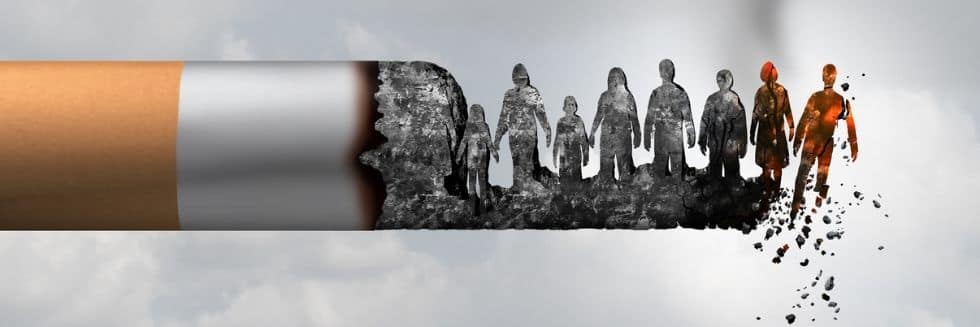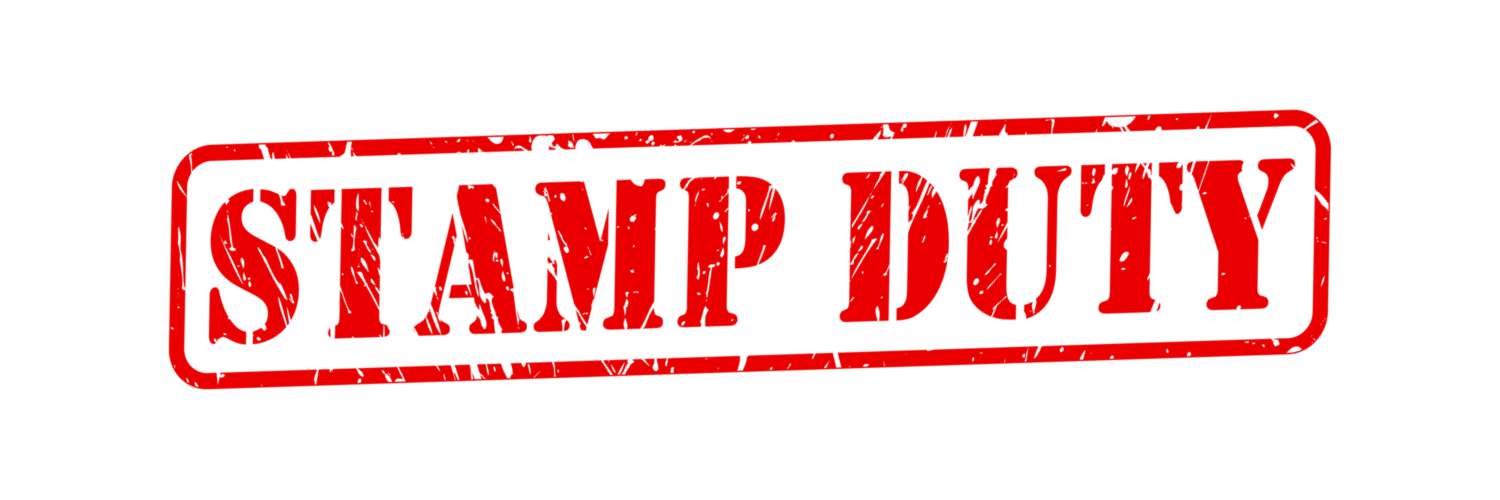The recognition of rights for same-sex couples has long been awaited. The fight for their rights started way back in 2001, when the Naz Foundation filed a Public Interest Litigation (PIL) in the Delhi High Court challenging the constitutionality of Section 377 of the Indian Penal Code which stated unnatural offences, including homosexual acts. In 2009, the Delhi High Court decriminalized and declared Section 377 Indian Penal Code as unconstitutional. In the year of 2018 in the case of Navtej Singh Johar v. Union of India, the Apex Court decriminalized homosexuality.
Recently, the Supreme Court with a ratio of 3:2 gave a verdict against the legalization of same-sex marriage in India. The court made a few remarks where they stated that the constitution does not recognise the right to marry as a fundamental right. However, there is freedom to enter into a union under the constitution. The court emphasized that it is the legislative statute or religious customs that provide the right to marriage. Any right to be enforced by a citizen ought to be provided in a particular statute. Hence, they do not recognize the right to marry as a fundamental right. The minority, however, said that a civil union should be recognised as a right for same-sex couples, but they also made emphases on the absence of law for such unions. It was also discussed that if there is any restriction on a civil union between same-sex couples then it will be violative of Article 15 of the Indian Constitution.
The Supreme Court recently revisited the topic of adoption by same-sex couples. The minority opinion argued that in the absence of legal marriage rights, same-sex couples should be granted the right to adopt children. However, the conversation highlighted the absence of specific laws addressing the rights of same-sex couples in this context. Marriage is considered sacrament and stable, and the adoptive children will have a safe environment for growth, and even if there is any question raised of separation of the spouses then the Indian judiciary gives ample amount of time and remedies for divorce. A marriage that is not recognised by law might have fewer chances to have a more stable environment for a child and might also feel excluded from society. Though same-sex couples have the right to cohabitate together, they also carry the right to celebrate, which we are not sure includes marriage. It is felt that the judiciary can not pass any order/judgment till the legislative has granted recognition to such marriages by enacting a supportive law.
Another question that can be raised here is whether transgender have a right to marry. According to the Hindu Marriage Act, marriage is between a man and a woman. As long as the marriage is between a male and a female or a groom and a bride it is legal and is recognisable by the law.
Same-Sex Couple Rights In India
- Right of Adoption: Though the Chief Justice of India made a statement that same-sex couples should have the right to adopt, the majority said that the welfare of a child should be considered since the marriage is not recognized and no specific law has been enacted this can cause unstable environment for the child’s growth and can cause exclusion from society. The only viable solution as long as an act is not enacted for adoption is that unmarried individuals and non-heterosexual individuals have the right to adopt and it is available to all.
- Right to Own a Joint Property: In India, any heterosexual couple can jointly purchase a residential property. However, due to the lack of recognition of same-sex marriages in the country, same-sex couples are unable to jointly own property. Government authorities restrict joint ownership of residential properties to family members, leaving same-sex couples with the option to own the property as individual co-owners. This situation denies them the satisfaction of joint ownership as a couple.
a) Right of Inheritance: It will be challenging for same-sex couples to seek inheritance rights as personal laws like Muslims, Christians, and Parsis have not yet recognized same-sex marriages. The Hindu Succession Act, applicable to Hindus, Buddhists, Sikhs, and Jains, does not also acknowledge same-sex marriages, thereby denying same-sex spouses automatic inheritance rights. The personal laws of distinct religious communities divide heirs into two gender-based categories: male and female. Hence same-sex couples seeking inheritance rights can be an issue for them.
b) Joint Home Loan: Two people can buy property together, the eligibility for joint home loans is currently limited to blood relatives or legally married couples. One of the mandatory requirements for joint home loan applications is proof of relationship. This restriction poses a challenge for LGBTQ+ partners who are not legally recognized as married couples due to the absence of legalized same-sex marriage. The recognition of same-sex marriages would eliminate these existing limitations, as LGBTQ+ couples would then be able to provide legal proof of their relationship, enabling them to apply for joint home loans without hindrance.
Amendments to personal laws governing succession could address this issue by allowing same-sex marriages and granting legal rights to same-sex spouses over a partner’s property in the event of their untimely death or other circumstances. Without such legal provisions, same-sex couples lack legally recognized inheritance rights to their partner’s property. - Right to Cohabitation: There is no restriction on the cohabitation of same-sex couples. They have a fundamental right to cohabitate together, and if there is any restriction on same-sex couple’s cohabitation then this amount to a violation of Article 15 of the Indian Constitution.
- Right to Maintenance: Same-sex couples do not have a right to maintenance, since their marriage is not legalized in India, they cannot ask for maintenance. Under the law, maintenance can be granted to a married couple which removes homosexual couples from having the right to maintenance.
Conclusion:
The right to marry as a same-sex couple in India remains a complex and evolving issue. While significant steps have been made by the Apex Court, such as the decriminalization of homosexuality, the absence of legal recognition for same-sex marriages presents more challenges. It is the exclusive right of the parliament to bring in such legislation and not the judiciary. The call for legal reforms is evident ensuring that all individuals regardless of sexual orientation can enjoy equal rights and recognition under the law. As society progresses, there is hope for a more inclusive legal framework that respects the rights and dignity of every individual.
This article is written and submitted by Advocate Surya Kumar and you can reach out to the author at surya@bnblegal.com.








